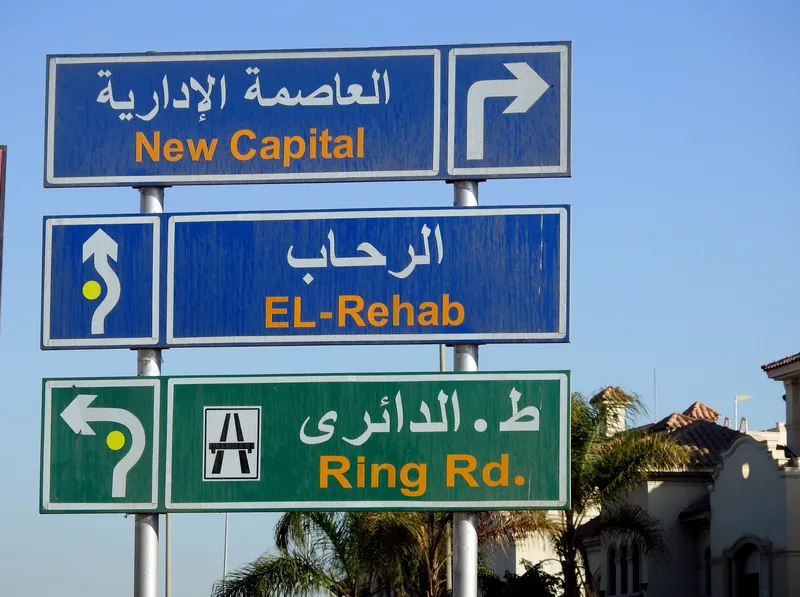
Cloud-based AI video and sensor technology specialist Iveda is partnering with The Arab Organization for Industrialization (AOI) to expand smart city initiatives across Egypt.
Improving mobility and transportation will be key parts of the agreement, which dovetails with Egypt's plans to establish 38 so-called '5th-generation' smart cities as part of an infrastructure development strategy.
Iveda has security certification from Egyptian military intelligence, allowing it to engage in projects around the country, which will include the development of 13 smart cities, as well as outfitting the New Administrative Capital near Cairo with smart city solutions.
“5G is the key to the future of smart cities,” said David Ly, Iveda CEO and founder.
“At Iveda, we know the best way to support the multitude of devices and sensors needed to achieve true smart city status is through 5G networks. Through our partnership with AOI, we’re able to provide AI-backed technology that has the power to improve services and the overall quality of life for Egypt’s residents."
Ly says there is also potential in the wider Europe, Middle East and Africa territories, "making 5G-powered smart city technology accessible to people in these countries".
Major General Ahmed Abdel Aziz, chairman of the board of directors of the Electronics Factory, on behalf of AOI, says: “Throughout the EMEA region, we’re seeing a rapidly increasing demand for innovation that may be applied directly to the development of smart cities and other government initiatives."










